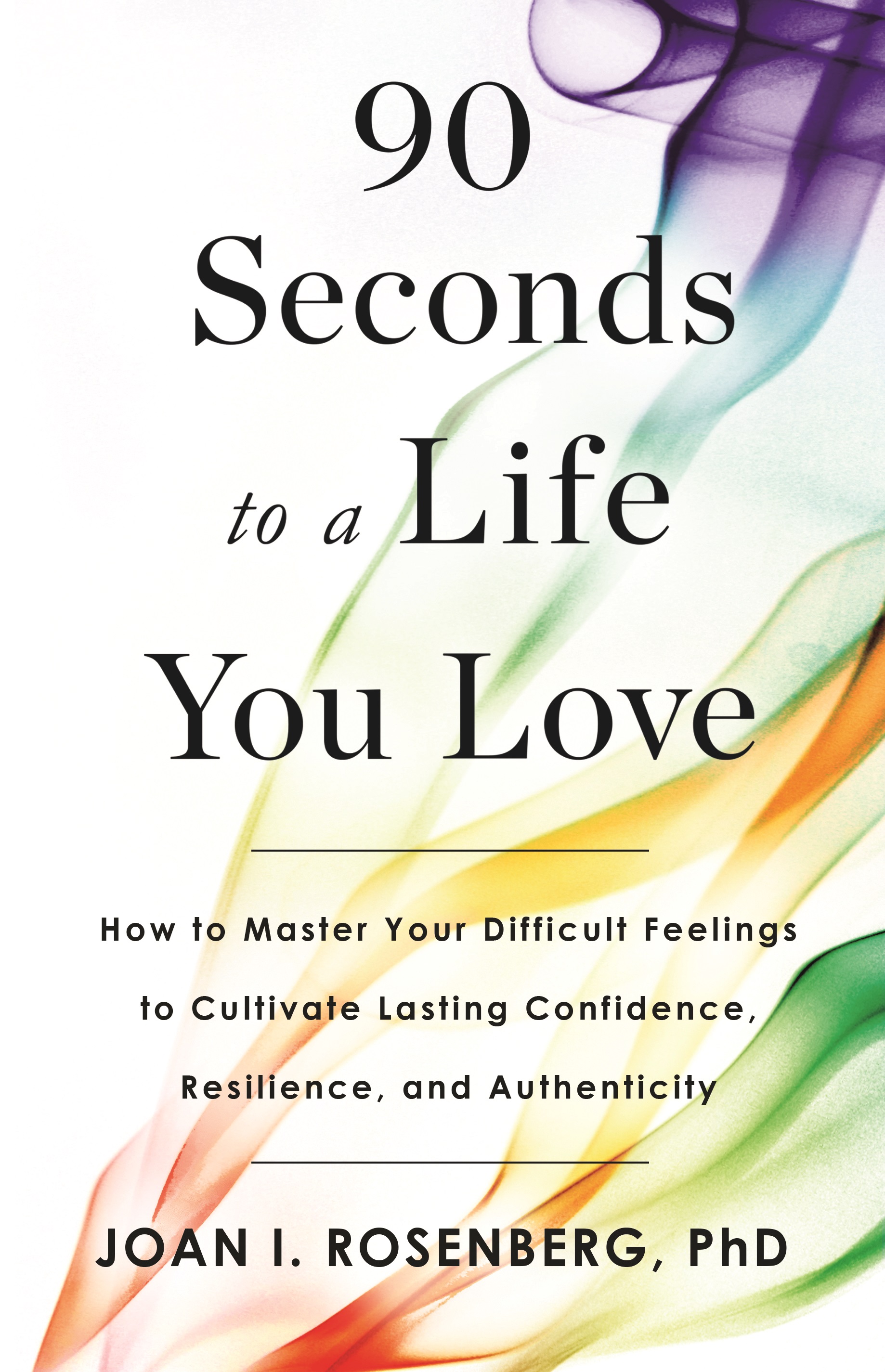Choose Ease over Difficulty
There is a tendency for anxious people to ask “what if ” questions followed by negative statements, which ultimately increases anxiety. As I noted earlier, your brain will try to answer whatever question or problem you pose — so if you ask questions that suggest difficulty (e.g., “What if this will be hard?”, “What if it takes a really long time?”), your brain will come up with thoughts, feelings, and memories to answer your questions (e.g., “I remember the last time I looked for work, I was so frustrated because it took way longer than I expected it to. I wonder if this time will be just as hard?”). Similarly, there is a tendency to expect that life will be difficult and painful, and that goals and dreams take a long time to come to fruition. Notice how tempted you are to make things difficult, hard, or a struggle.
As you practice asking more positively oriented questions and making positive statements, also practice anticipating that positive things can happen in your life. What if it were easy? What if everything worked smoothly? What if we had fun while working our way through this problem? What if we laughed about all the things we found challenging? Alternatively, you can turn all of these questions into statements or affirmations:
- “It will be easy.”
- “Everything will work out smoothly.”
- “Let’s turn this into something really fun.”
- “Let’s just laugh at these challenges.”
Consequences and Loss
Decisions, by their very nature, imply loss. One thing gets chosen, and one or more do not. Sometimes you experience anxiety over having to face a loss. Loss is tied to sadness, anger, helplessness, and disappointment. You might delay making decisions and find them hard to make so you won’t have to deal with the loss nor the feelings it invokes. Instead, you just feel anxious.
Besides writing out the traditional “pros and cons” list that people often recommend in this kind of situation, here is another strategy to consider.
Visualizing Decisions
- Set aside roughly 20 minutes to sit quietly and just focus on deep breathing and quieting your mind.
- When you feel fully relaxed, take each available choice for your situation and run through your mind how you see it playing out, from beginning to end. Pay special attention to the feelings each choice elicits, whether pleasant or unpleasant.
- Consider the consequences in the short term (over the next few weeks or months) and the long term (in three, five, or ten years).
- Return to a relaxed state and take some time to absorb what your experience of loss may be if you were to make one choice over the other.
- For each choice you considered, write down the thoughts, images, and feelings that surfaced.
*Companion worksheets, guided exercises, and more resources can be found at www.DrJoanRosenberg.com/resources90/

Excerpted from 90 SECONDS TO A LIFE YOU LOVE Copyright © 2019 by Joan I. Rosenberg, PhD. Used with permission of Little, Brown and Company, New York. All rights reserved.
Follow us here and subscribe here for all the latest news on how you can keep Thriving.
Stay up to date or catch-up on all our podcasts with Arianna Huffington here.


